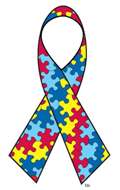 This post is dedicated to individuals living with autism, including my fellow Aspies. Unsurprisingly, CCBC has many students with autism spectrum disorders and many students interact with them not knowing that there exist amongst us a very vibrant neurodiverse community of tomorrow’s promising scholars.
This post is dedicated to individuals living with autism, including my fellow Aspies. Unsurprisingly, CCBC has many students with autism spectrum disorders and many students interact with them not knowing that there exist amongst us a very vibrant neurodiverse community of tomorrow’s promising scholars.
April was National Autism Awareness Month, for those who don’t know. Last year, President Trump proclaimed April 2 as World Autism Awareness Day.
Autism spectrum disorder, or ASD, is a developmental disability that can cause significant social, communicative or behavioral challenges, according to the Centers for Disease Control and Prevention. Autism spectrum disorders affect an estimated one out of every 68 children in America. People diagnosed with autism come from very diverse backgrounds and varying diagnoses. More common in boys than girls, ASDs have become the fastest-growing developmental disability.
“An individual with autism might not look any different versus those without ASD,” says Todd Harris, executive director of autism services at Devereux Advanced Behavioral Health in Downingtown, Pennsylvania. 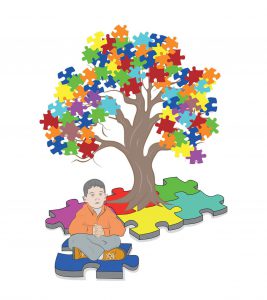
“However, the way an individual with autism thinks, feels and socializes could be vastly different. The key is that every individual with autism has different skills and strengths, along with diverse needs and challenges.”
Being different is good. In fact, I think it is critical in today’s times.
According to Autism Speaks, ASDs are “characterized by social-interaction difficulties, communication challenges and a tendency to engage in repetitive behaviors. However, symptoms and their severity vary widely across these three core areas. Taken together, they may result in relatively mild challenges for someone on the high functioning end of the autism spectrum. For others, symptoms may be more severe, as when repetitive behaviors and lack of spoken language interfere with everyday life.”
April was an important month, and a very personal one to me:
Full disclosure: I was diagnosed with a high-functioning form of autism known as Asperger’s Syndrome a few years ago. I don’t wear my diagnosis as a mark of pride nor do I wear it as a symbol of shame. Instead, I live my daily life with an acute understanding of how I see my place in the world and how my potential is often inhibited by my disability, i.e. how much work I have remaining to do compared to others who don’t have to worry about living with autism. I have grown up with my diagnosis as a more capable person, nurturing the same empathy in ‘wishful’ thinking that others would dismiss as outlandish specter as my strongest motivator.
People with autism face many obstacles in their lives but they also contribute to our schools, workplaces, and communities. Creating an atmosphere of inclusivity for those with ASD requires education and awareness. I think the same goes for any mental disorder or illness.
(To be sure, some people with mental or developmental “disabilities” do take offense to being labeled as someone with a “disorder” or a “disability” — many would proudly state that their world is more orderly than you and that they are ablest to their fullest in a clear, concise and direct way of life)
Families of children with autism also struggle with a full acceptance of their difficulties and sufferings in trying to care for their loved ones. These families need more than support and friendship: they also crave for the independence that the autistic person seeks. They also seek to live in the highest quality of life, the same quality of life they aspire to furnish to their loved ones.
Something we should all remember: each one of us is going through something you know nothing about.
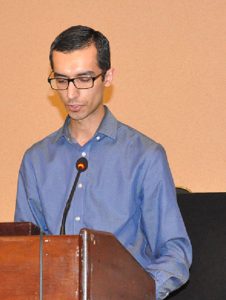
Reading my Express Yourself essay at the Autism Society of Baltimore-Chesapeake’s Honestly Autism Event on Saturday, April 14th
Autism and our attitude towards autistic people needs to shift and there is a lot of work that remains to be done. I saw the full scope of love, support, and acceptance reflected at the Autism Society of Baltimore-Cheseapeake’s Honestly Autism conference #honestlyautismday held at the Red Lion Hotel North Baltimore about two weeks ago. I wrote an essay describing my experiences as an autistic adult and was honored by a cash prize and an invitation to read my essay aloud before hundreds of conference attendees — including my fellow Aspies, friends, families, professionals and caretakers. Full event details are located here.
In the past, I used to recoil from social interactions. In many ways today, I remain a private person bound by a preference to stay to myself as an introvert. That is what my Asperger’s looks like. But I think it is important to overcome my limitations and try to reach for the skies. As much as I dislike speaking in the monotony of my fast-paced speech, I happen to be the president of the Communication Club at CCBC and a Student Life Ambassador. Heck, who could have imagined I would be blogging here publicly to the world! I have taken so many leadership and public-speaking roles that ought to have made anachronisms of conventional Asperger’s characteristics.
That is why I accepted the invitation to go and speak before the Honestly Autism conference attendees. I saw this as a challenge and I was happy to be able to overcome the challenge. It made me feel accomplished in my own little way. Yes, despite my insecurities and fears, I was able to come out strong and happy. That is what the resiliency of neurodiverse communities of ASDs looks like. It was the same grit that I observed among all the newly diagnosed and the old timers — we all were there to support each other and cheer on in our respective journeys.
Awareness of autism and autistic conditions means recognizing that people with ASDs deserve and want to live lives full of respect, value, and opportunity. It means acknowledging the sacrifices that families make to ensure that their loved ones receive the absolutely best care that our society can offer.
It also translates to our individual obligation to be a bit more responsive to our surroundings, to see that the CCBC student walking past you may be someone with an ASD, someone who may or may not want to talk to you, someone who is dealing with their mental condition silently or openly. (Yes, I did see several CCBC students at the conference!)
Today may be the last day of April. But just as April’s showers bring May flowers, may the extraordinary contributions of men and women living on the autism spectrum continue to rejuvenate our lives with joy, peace and hope.

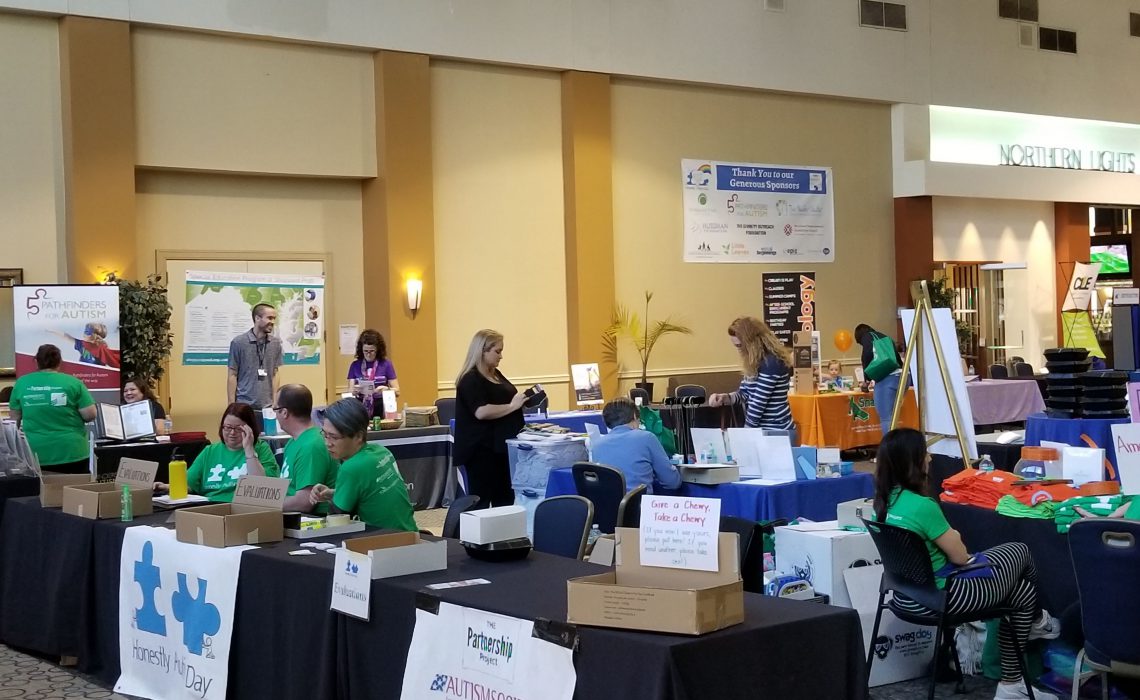
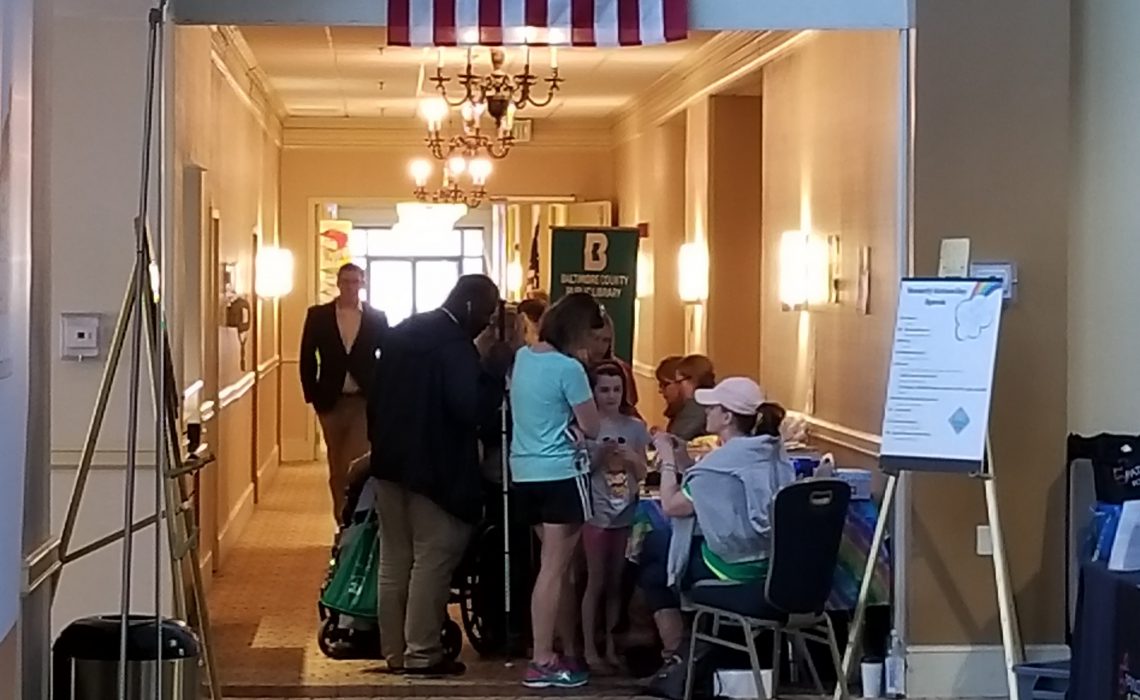
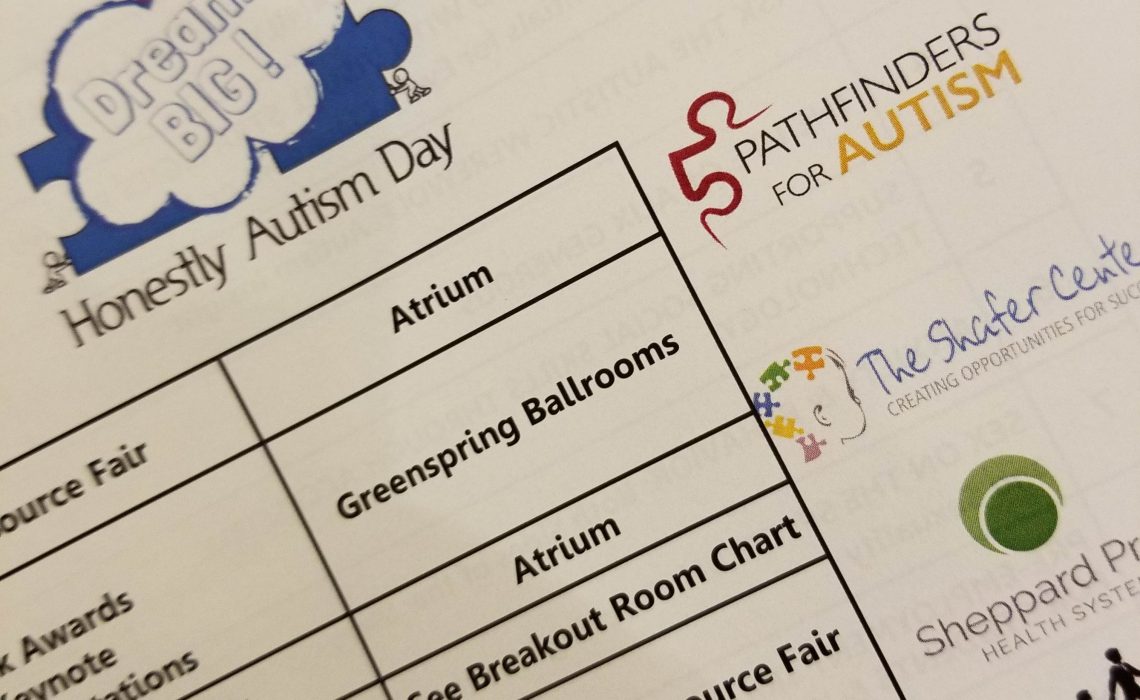
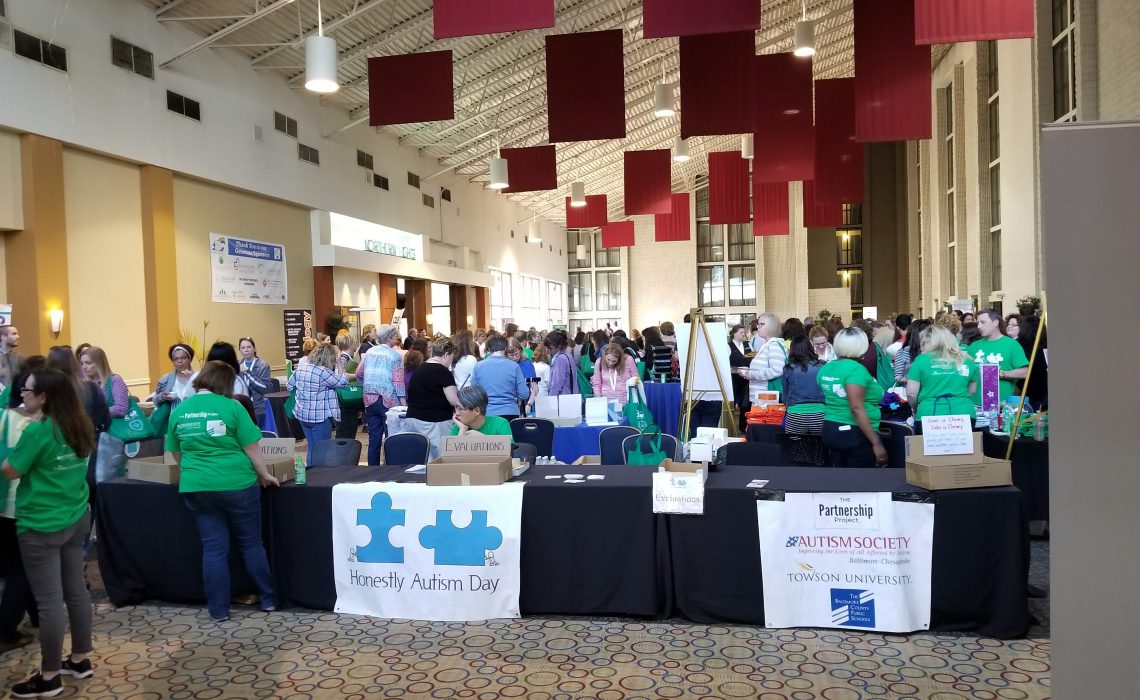
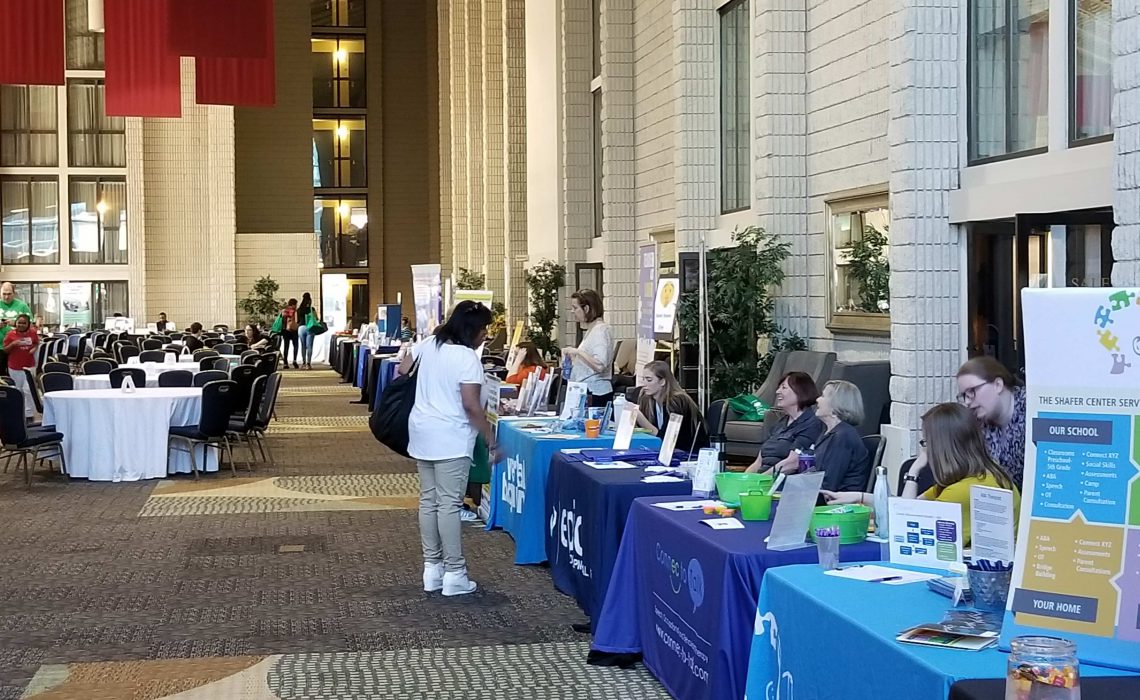
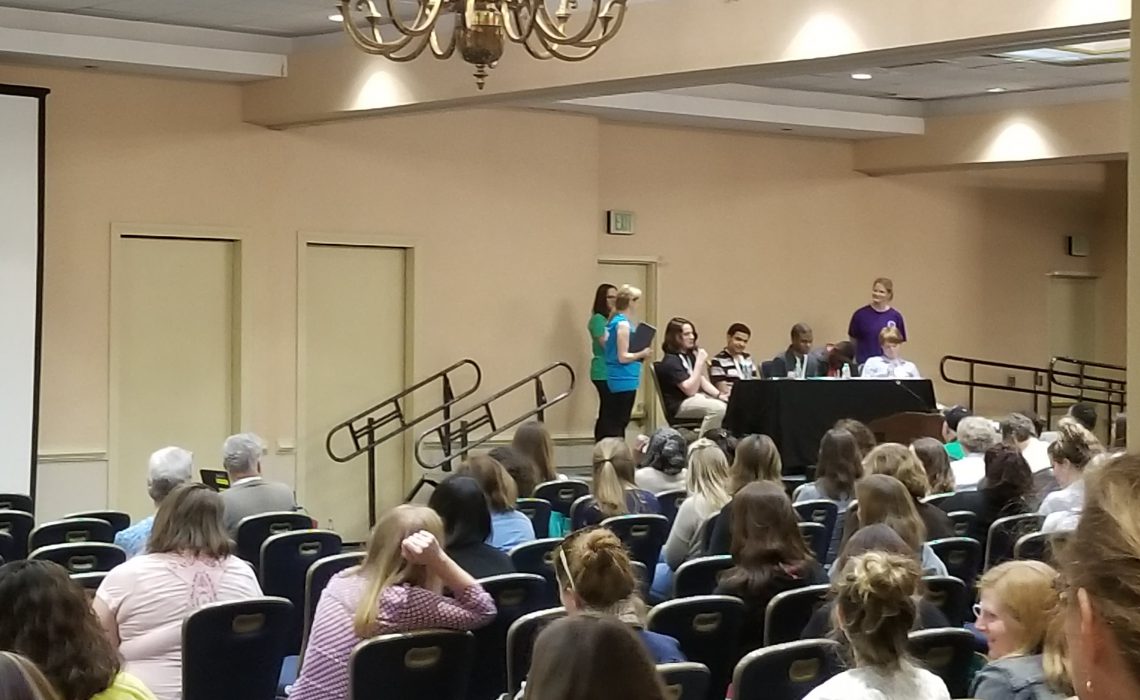
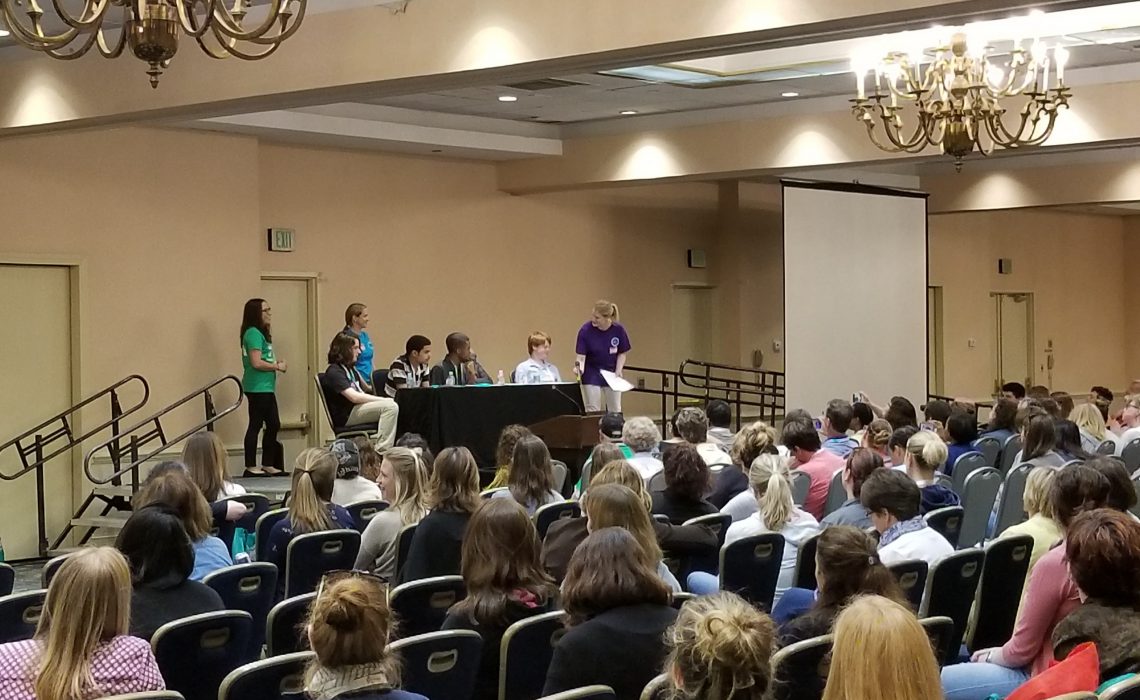
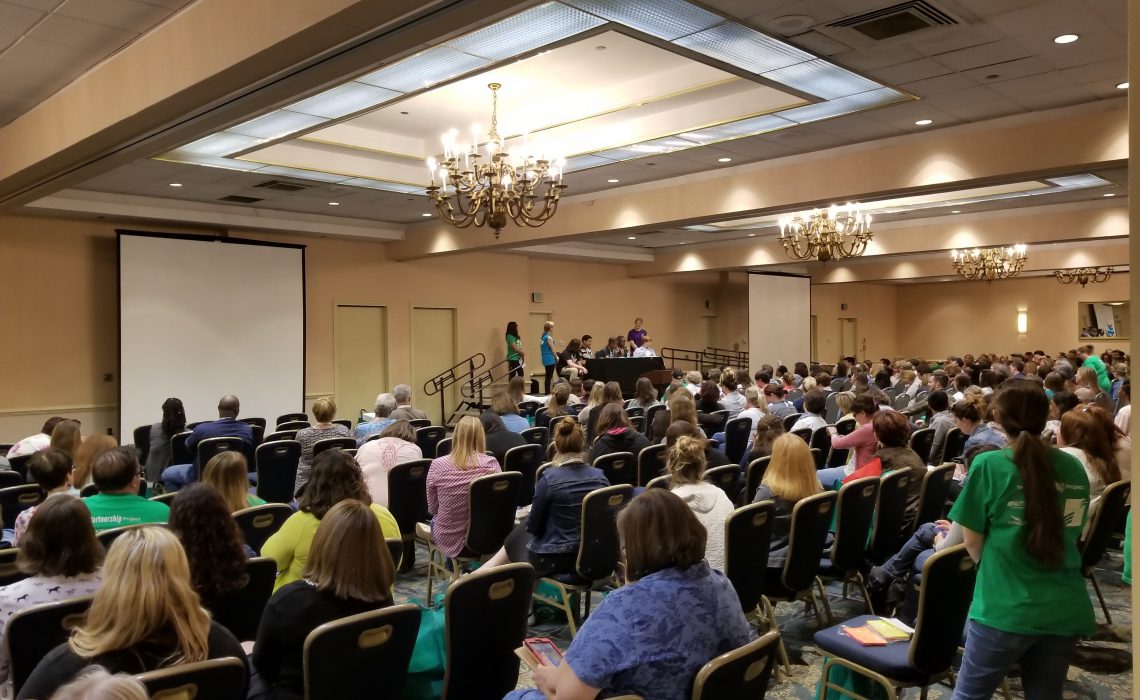
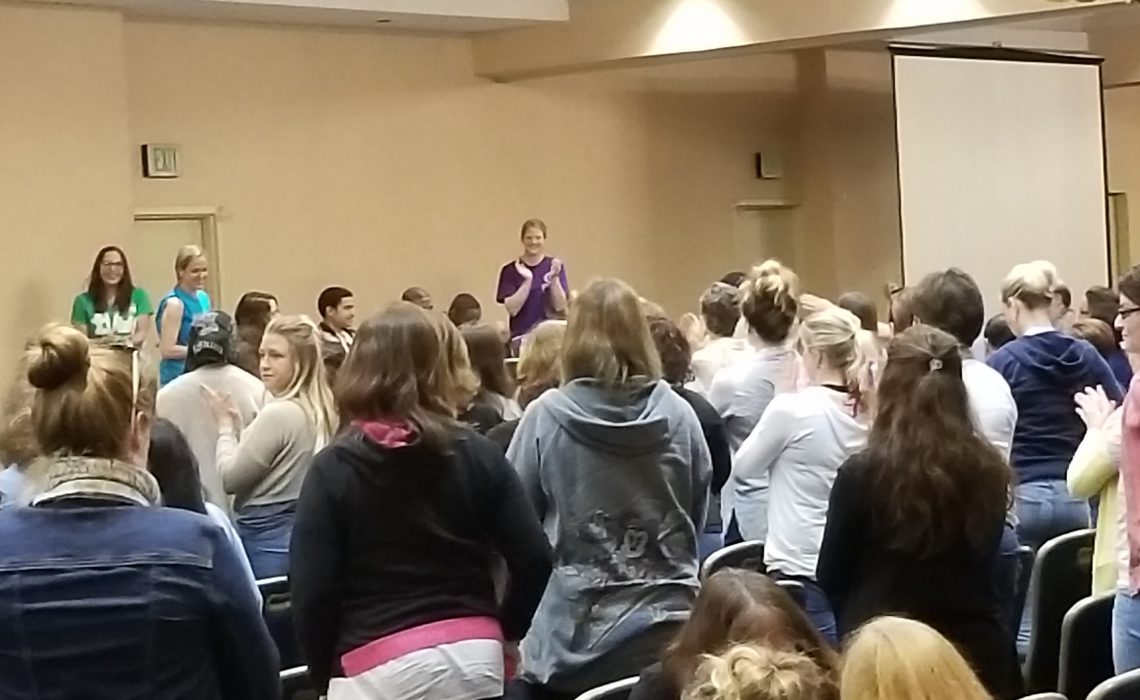
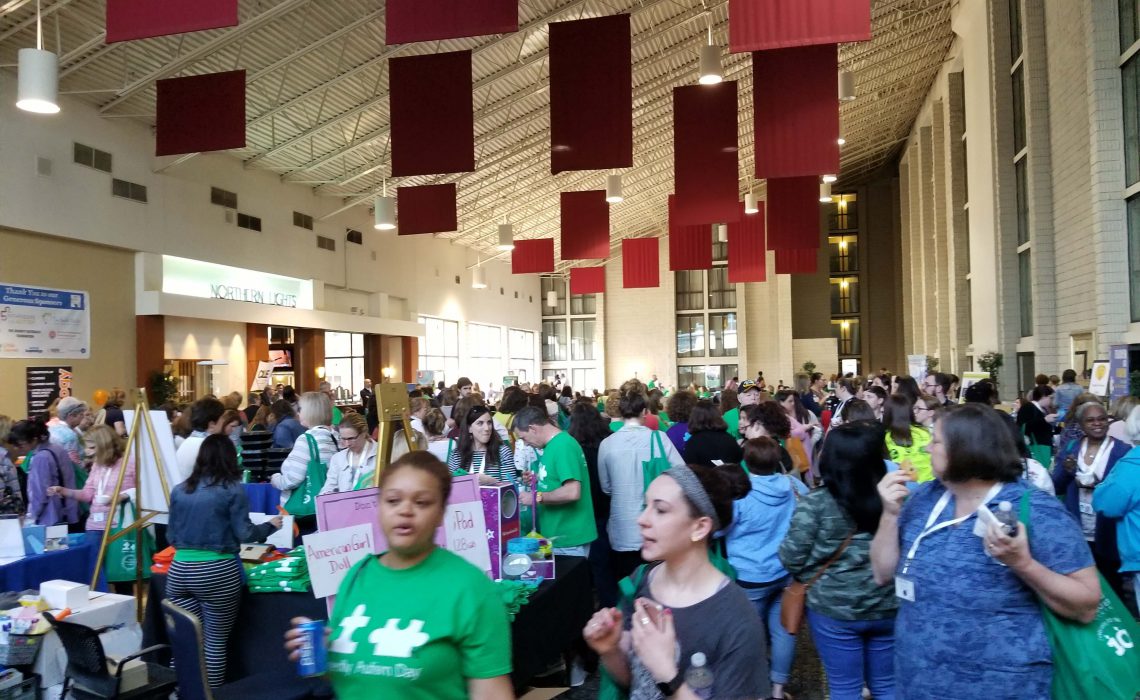
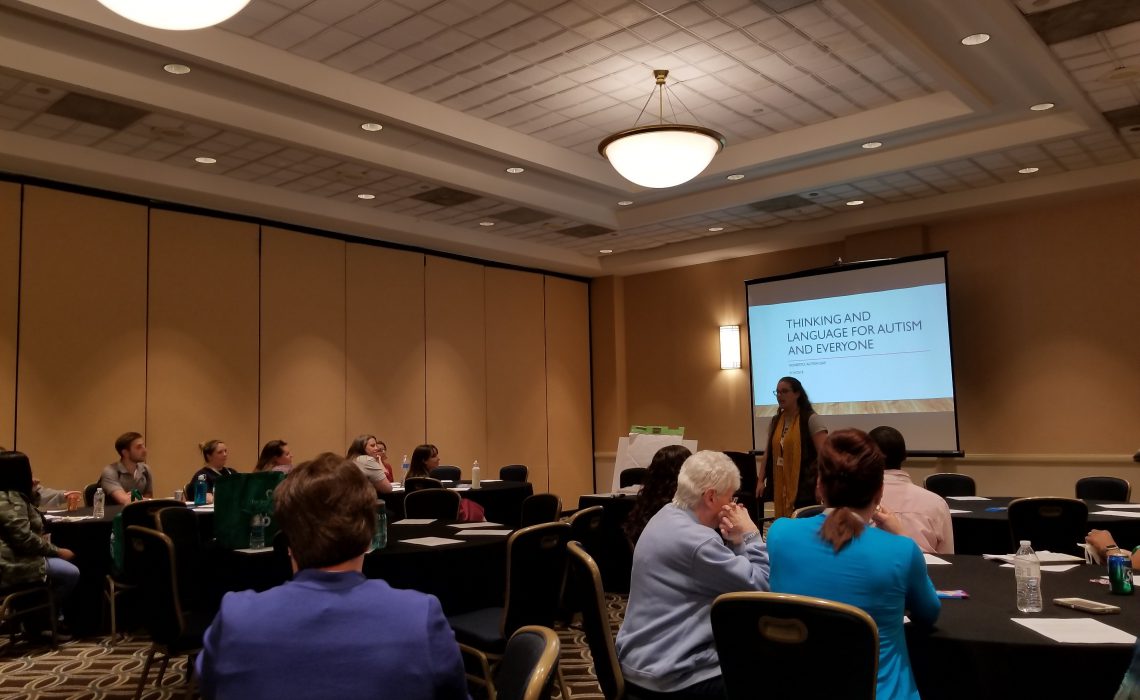
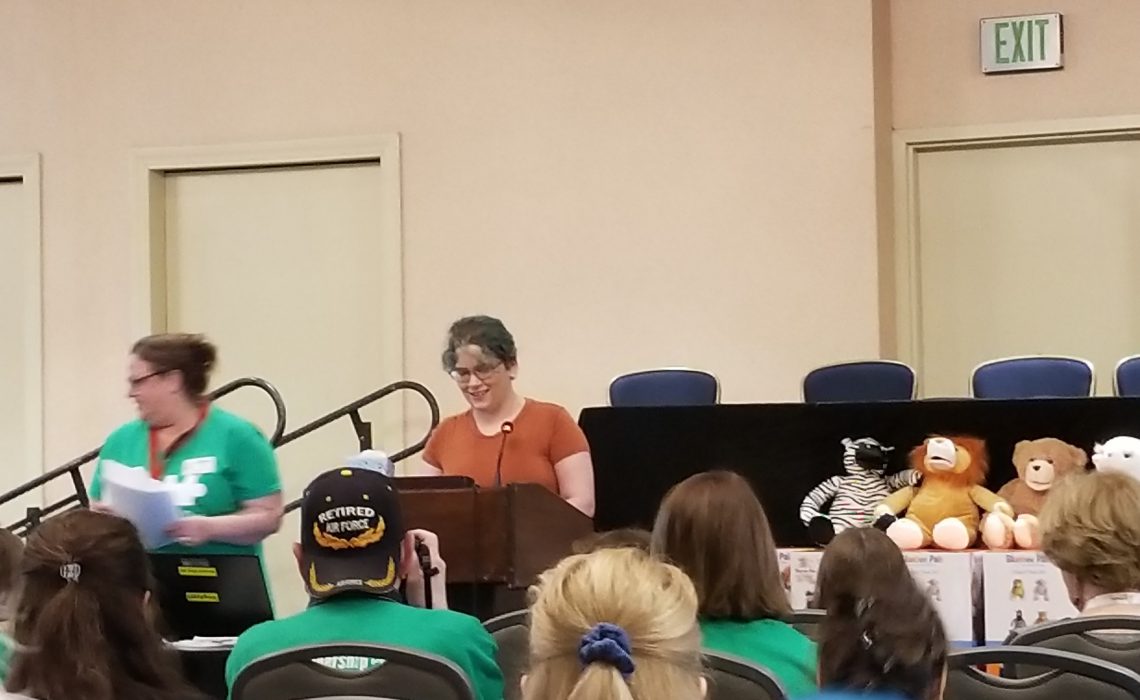
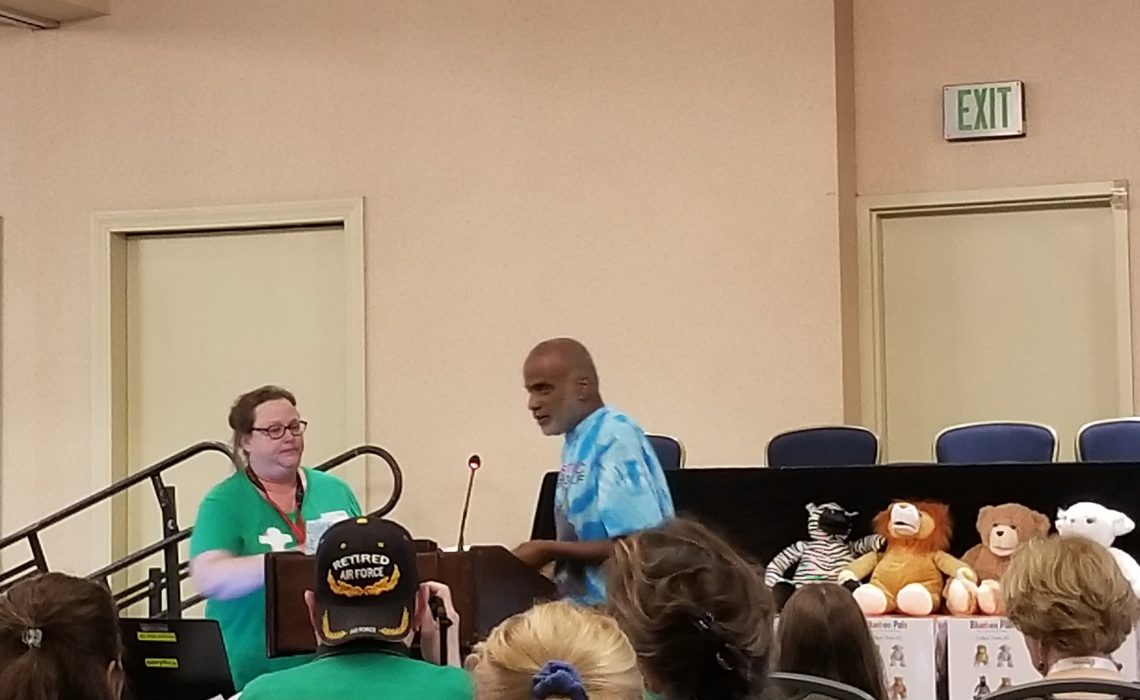
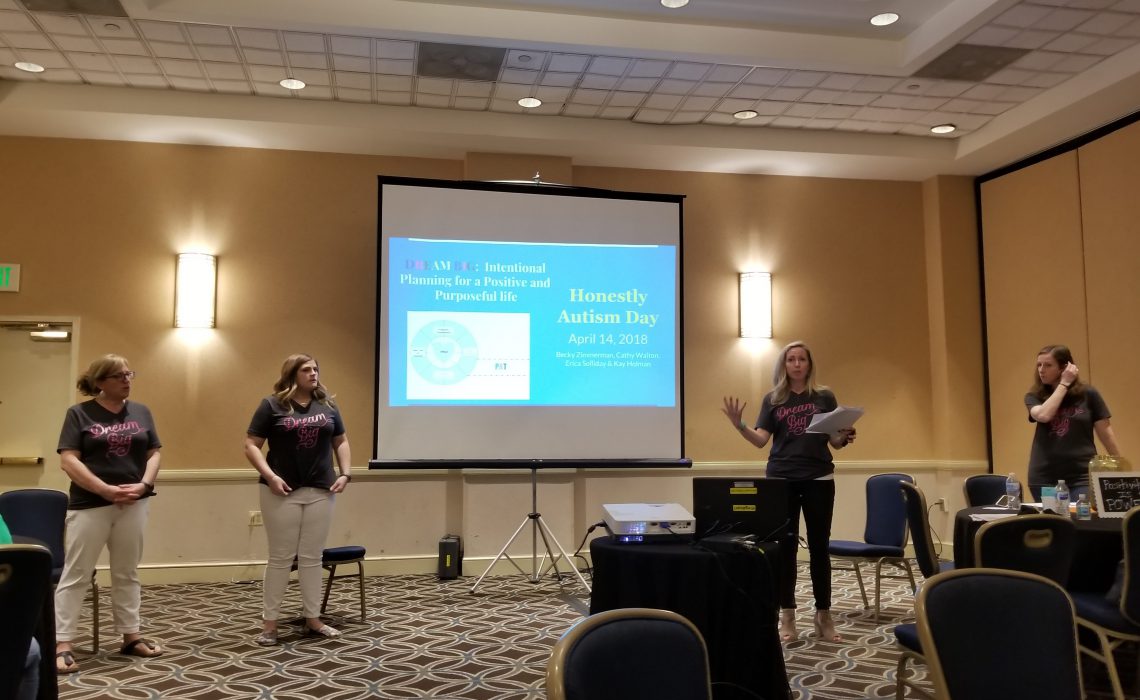
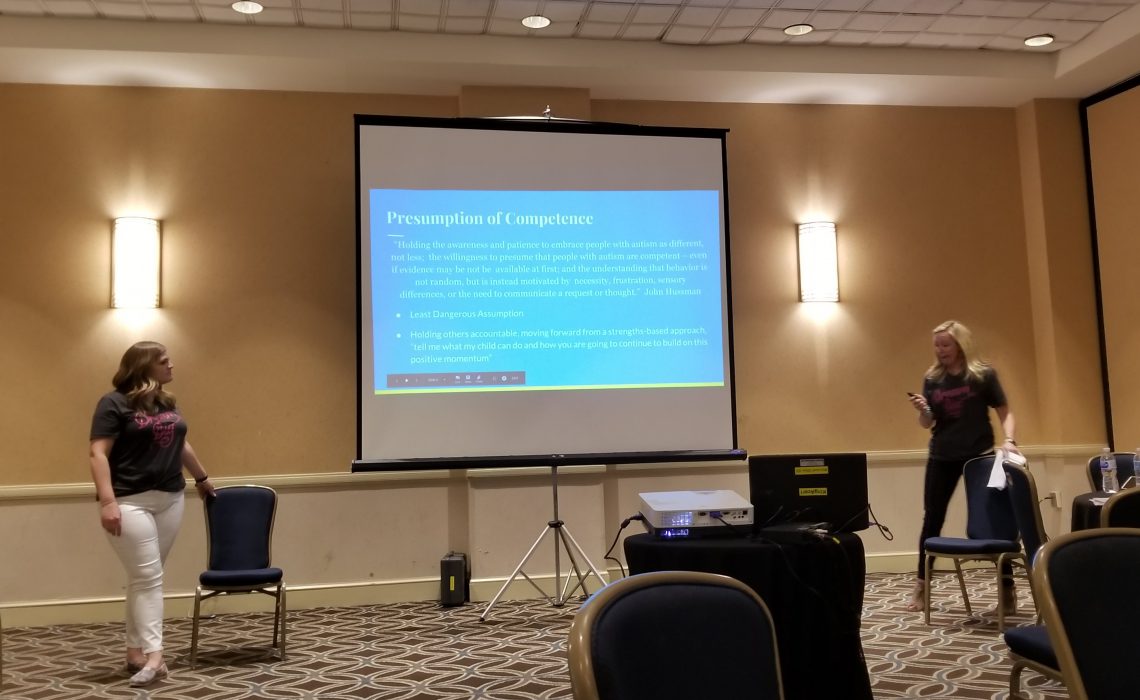
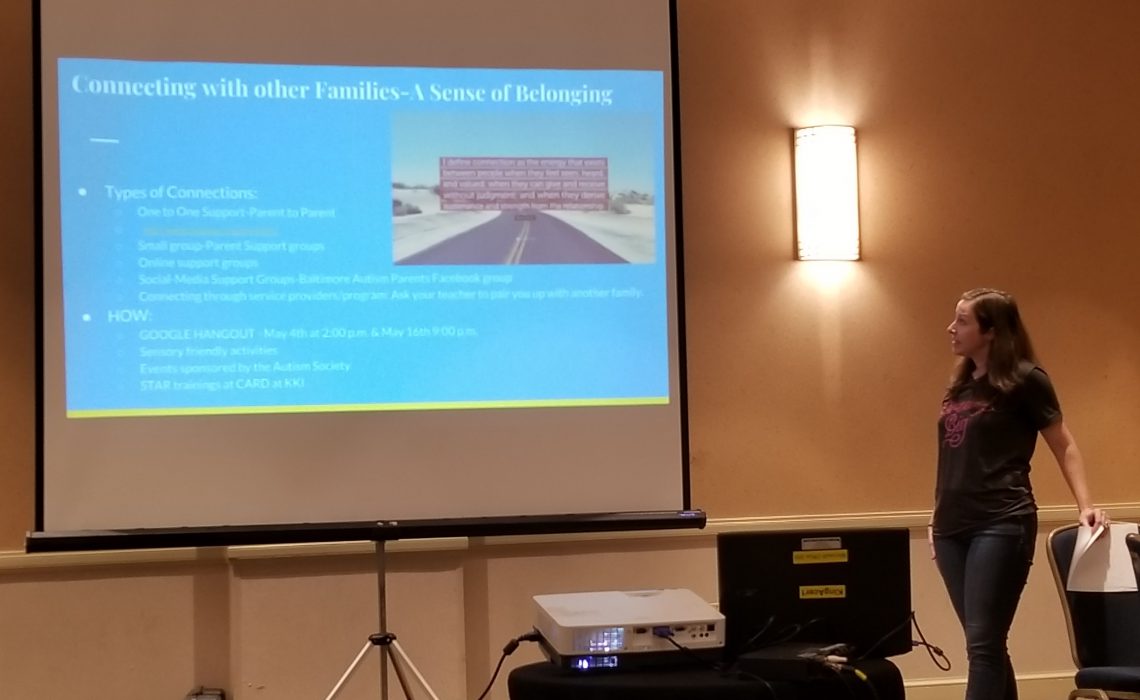
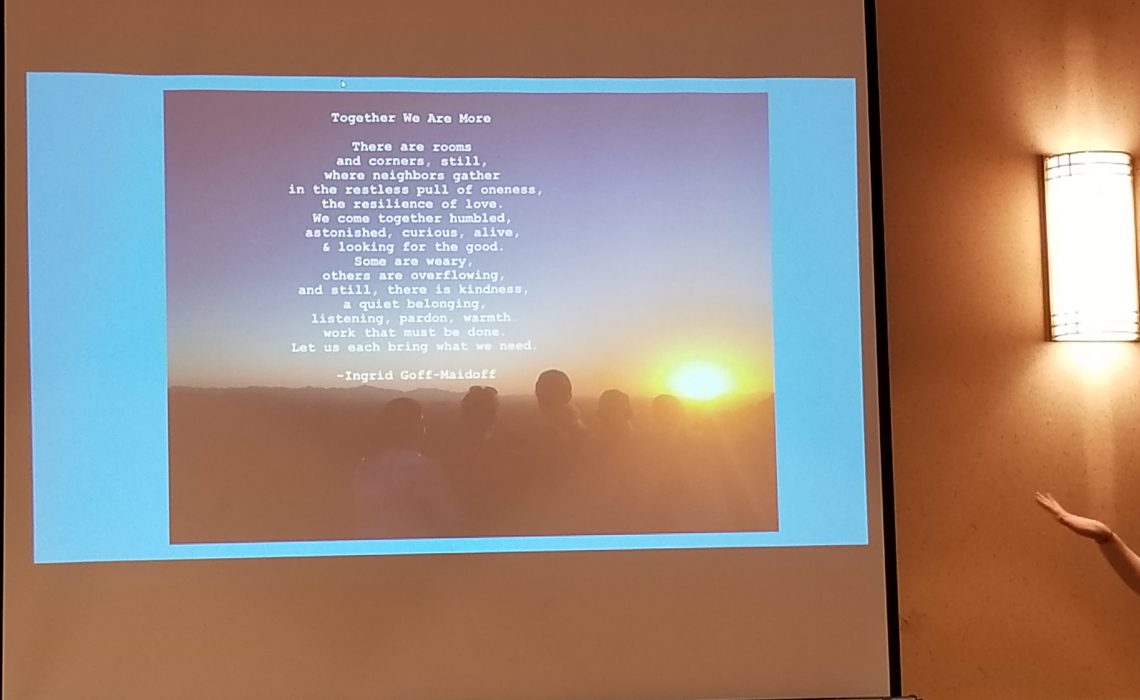
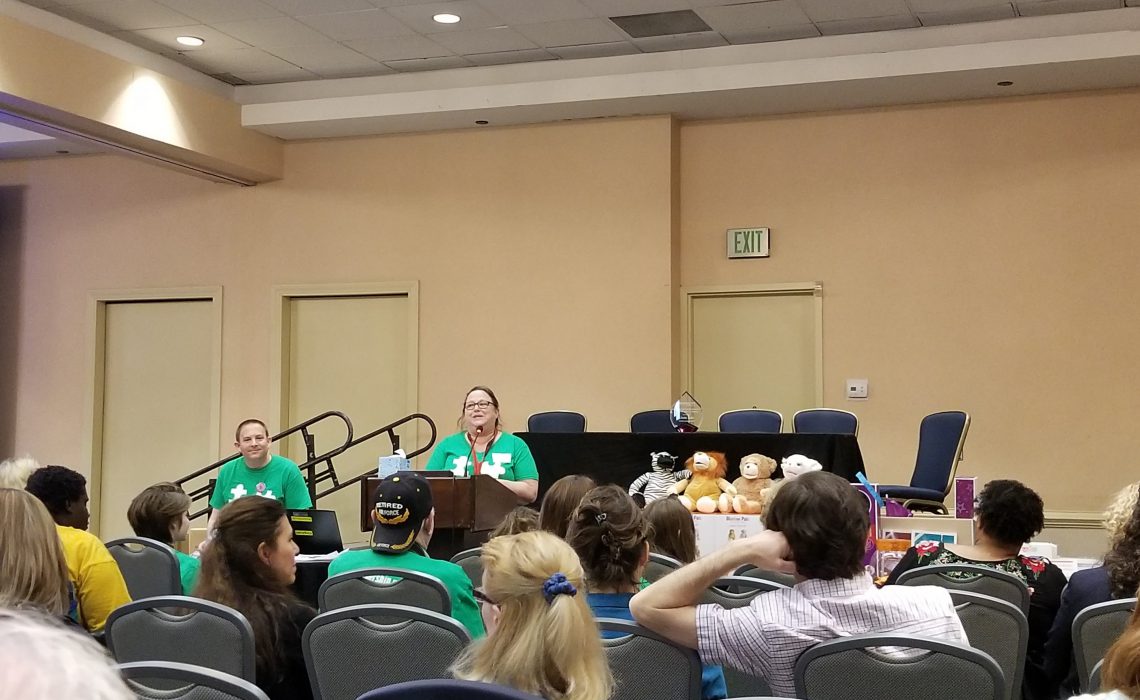
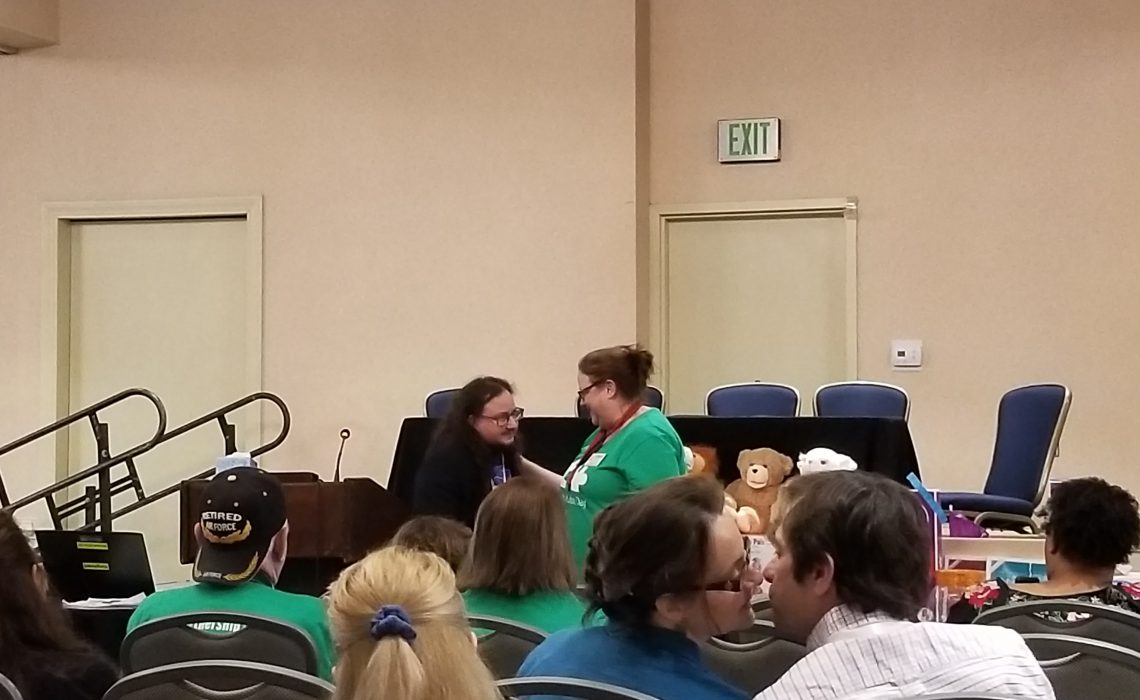
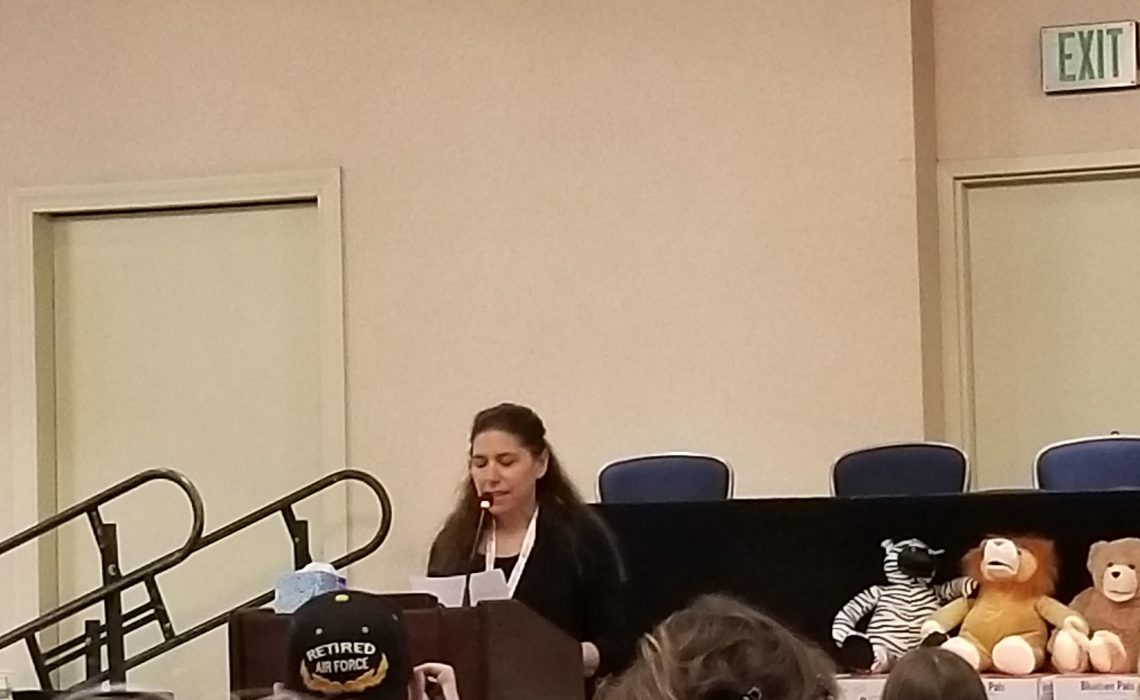
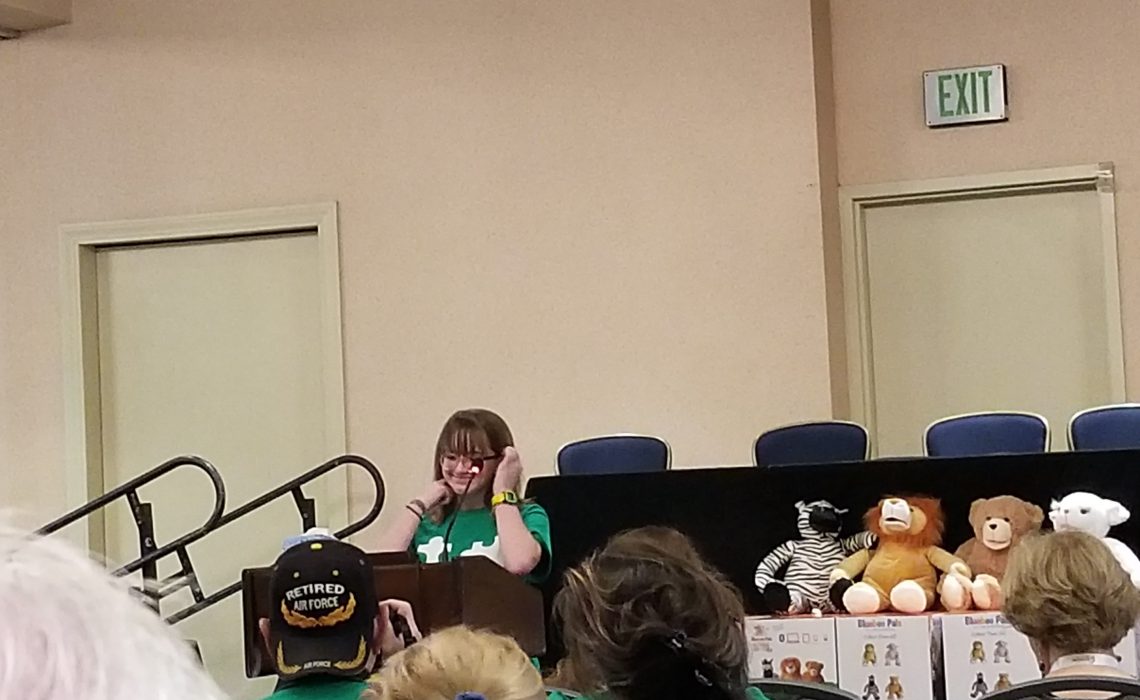
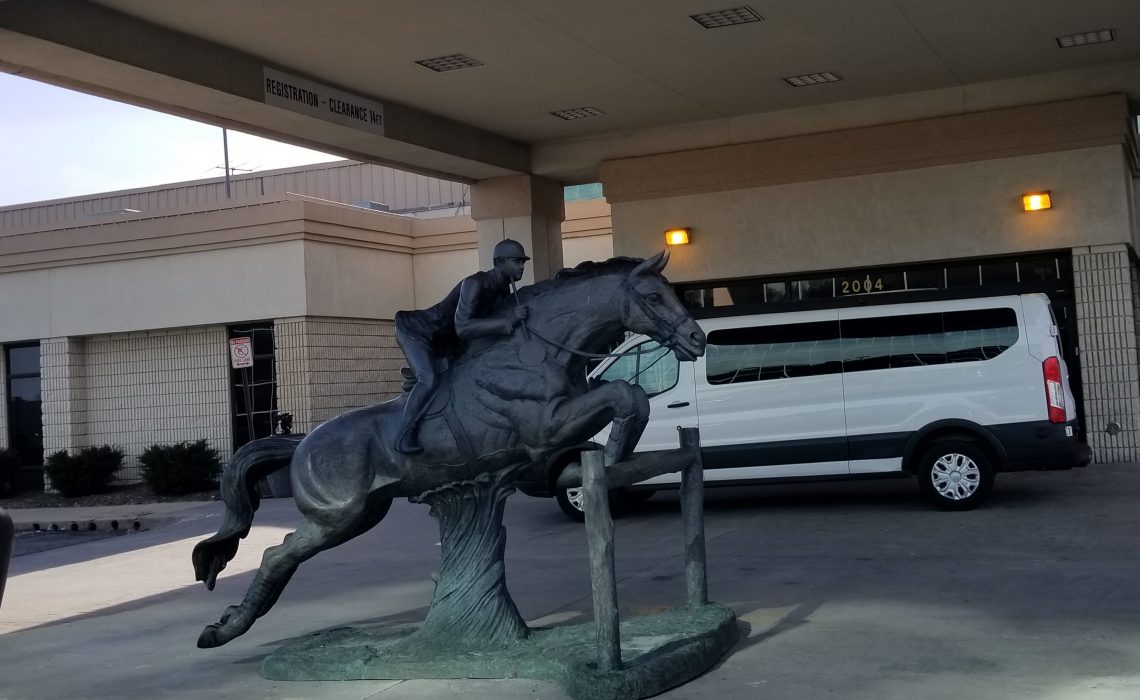
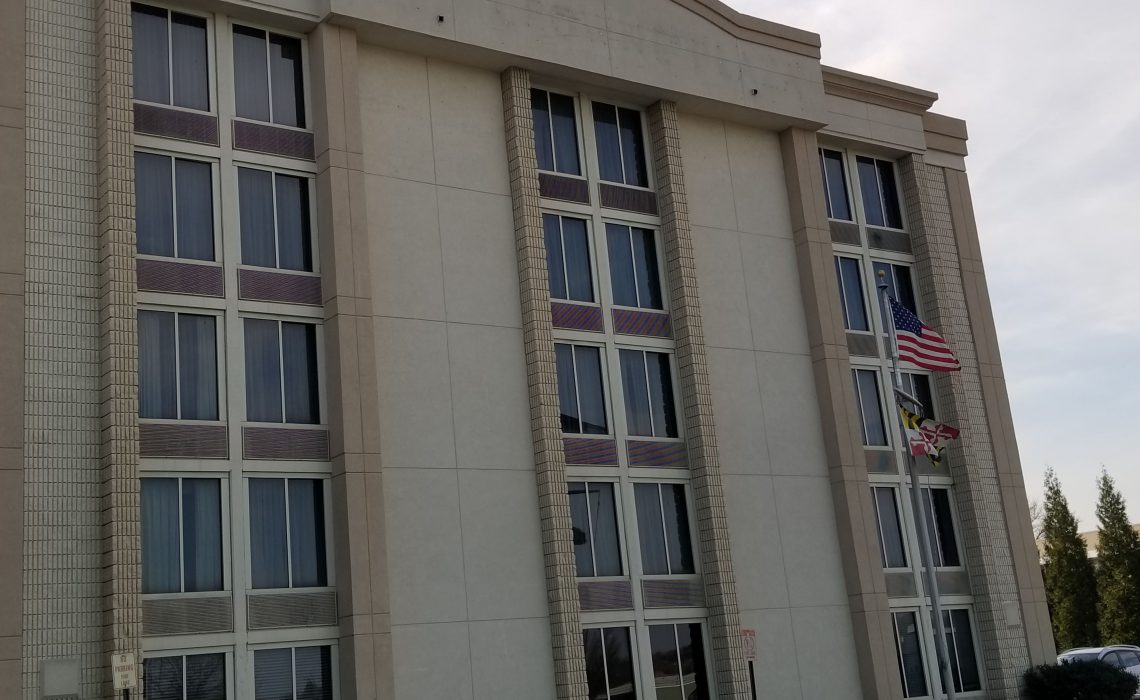
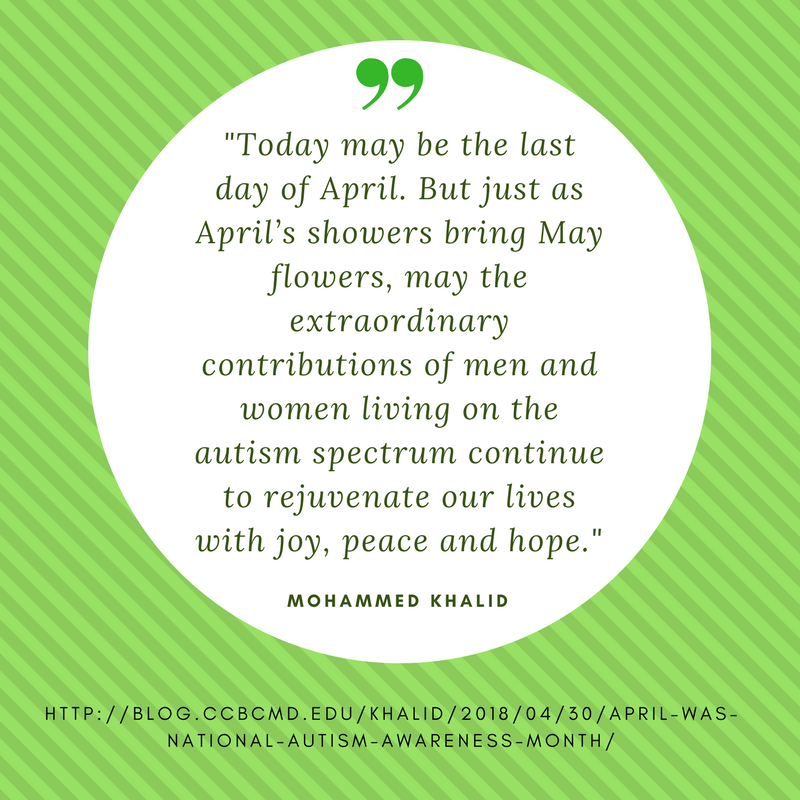




GOOD JOB!